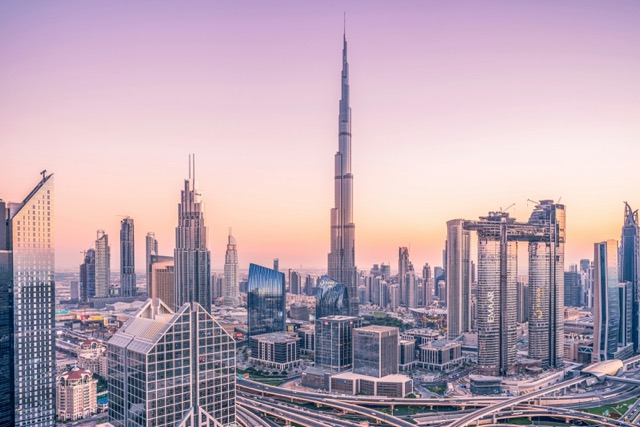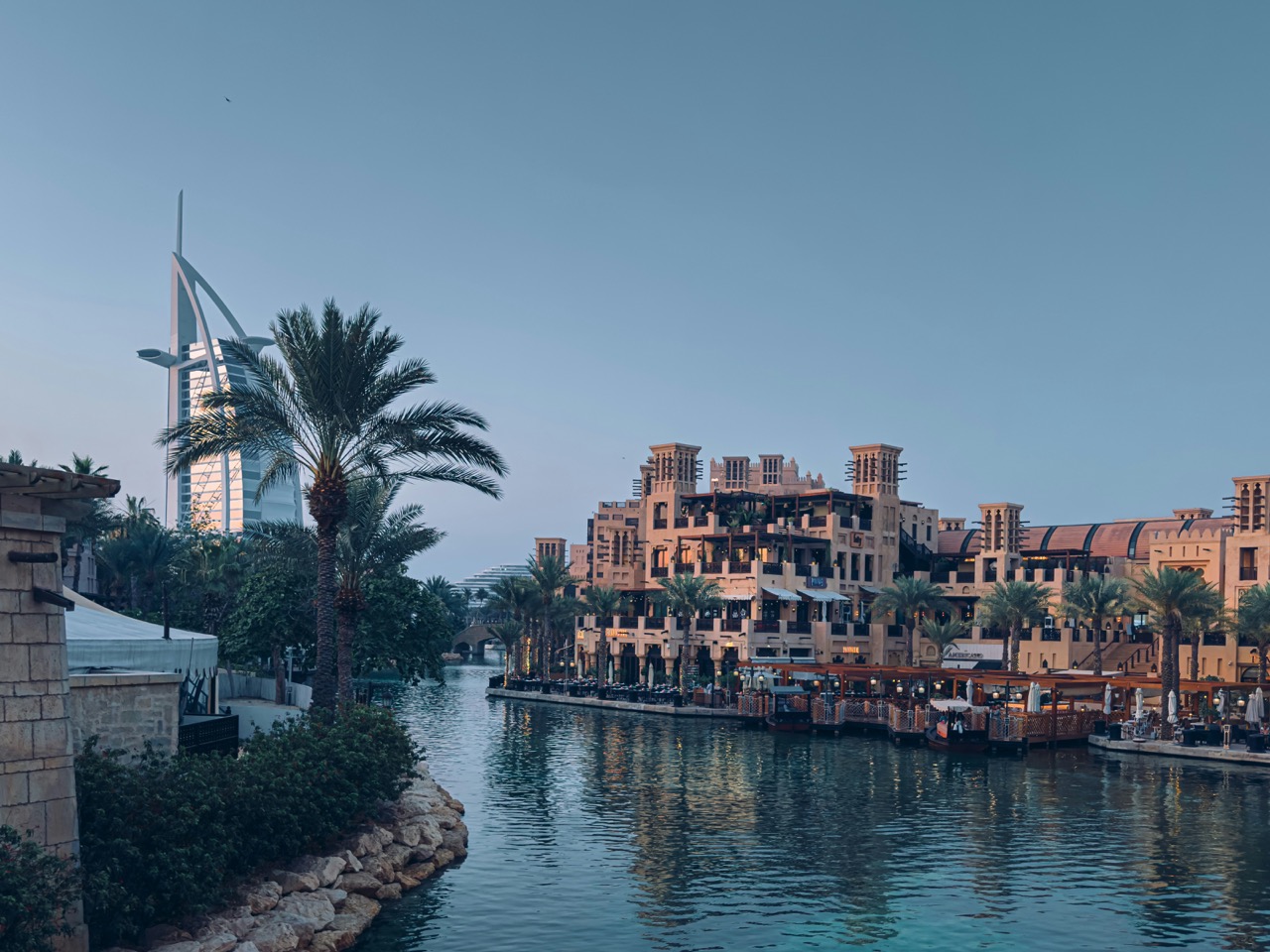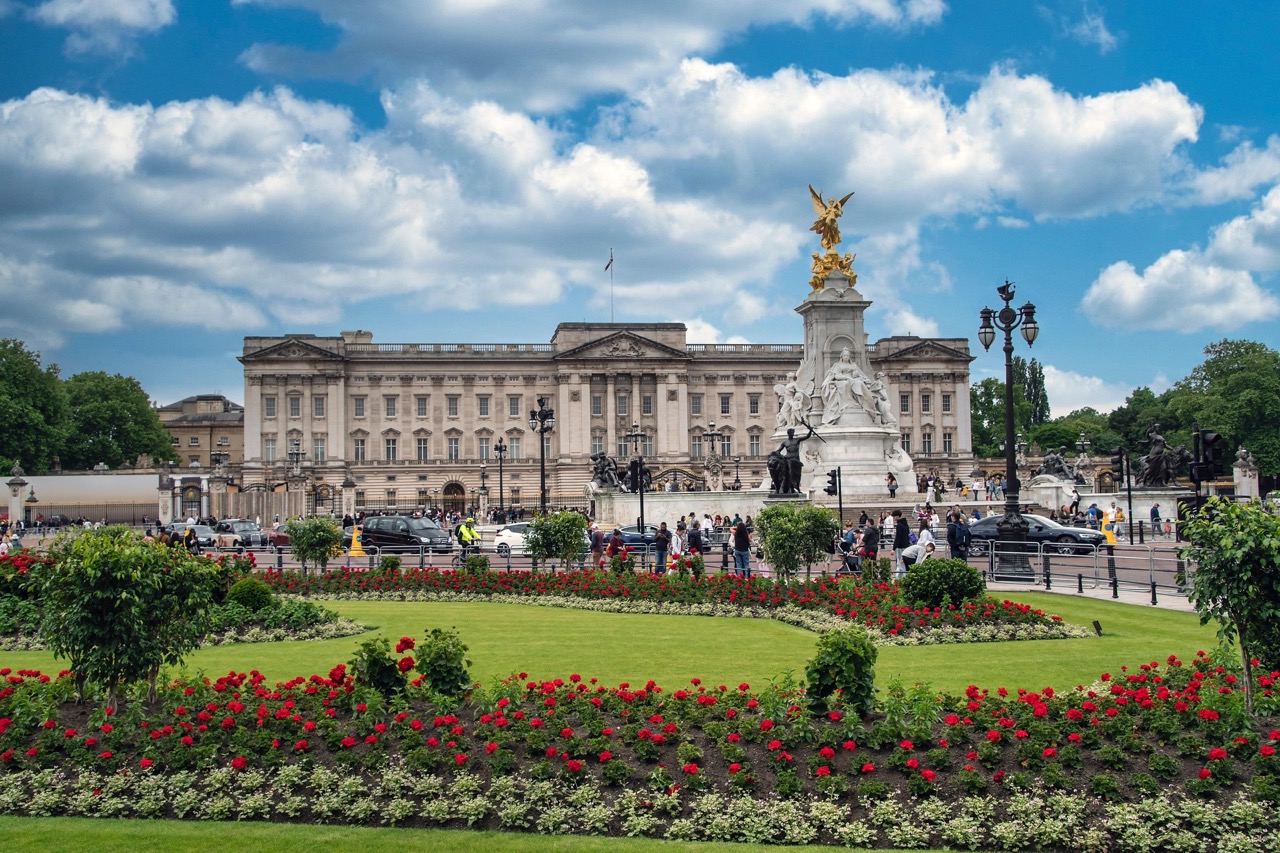
Dubai is one of the most attractive destinations for foreign real estate investors, offering a well-regulated market, high rental yields, and a range of property options. This guide outlines everything you need to know about purchasing property in Dubai as a non-resident, including the legal process, freehold areas, costs, and required documents.
1. Legal Process for Foreign Buyers
Foreigners can buy property in Dubai without restrictions in designated freehold areas. The process involves:
- Selecting a property in a freehold zone
- Signing a Memorandum of Understanding (MoU) with the seller
- Paying a deposit (typically 10% of the property value)
- Obtaining a No Objection Certificate (NOC) from the developer
- Finalizing the transaction at the Dubai Land Department (DLD) by paying the transfer fees and signing the new title deed
2. Freehold Areas in Dubai
Dubai offers a variety of freehold zones where foreigners can own property outright. Some of the most popular areas include:
- Downtown Dubai – Iconic properties near Burj Khalifa
- Dubai Marina – Waterfront apartments with high rental yields
- Palm Jumeirah – Luxury beachfront villas and apartments
- Jumeirah Village Circle (JVC) – Affordable housing with strong investment potential
- Dubai Hills Estate – A family-friendly community with golf courses and parks
3. Costs Associated with Buying Property
Purchasing property in Dubai involves several costs beyond the purchase price, including:
- DLD Transfer Fee: 4% of the property value
- Agency Commission: Typically 2% of the property price
- Registration Fees: AED 2,000 – AED 4,000 depending on the property value
- Service Charges: Ongoing maintenance costs vary by community and developer
- Mortgage Fees (if applicable): Up to 1% of the loan amount plus valuation fees
4. Required Documents for Foreign Buyers
To complete a property purchase in Dubai, foreigners must provide:
- A valid passport
- Emirates ID (for residents)
- Proof of funds (bank statements)
- Sales agreement (MoU)
- Mortgage pre-approval (if applicable)
5. Financing Options for Foreign Buyers
Non-residents can obtain a mortgage from UAE banks, although eligibility criteria apply. Generally, foreign buyers can finance up to 50% of the property value. Mortgage approval depends on income, employment status, and creditworthiness.
6. Benefits of Buying Property in Dubai
- 100% Freehold Ownership: Secure property rights for foreigners
- High Rental Yields: Strong ROI in key locations
- Tax-Free Environment: No capital gains or property tax
- Residency Visa Eligibility: Real estate investors can qualify for a long-term visa based on investment value
Conclusion
Buying property in Dubai as a foreigner is a straightforward process with significant investment potential. By understanding the legal requirements, freehold areas, and associated costs, investors can make informed decisions and benefit from Dubai’s thriving real estate market. Whether for residence or investment, Dubai remains one of the top global destinations for property ownership.



